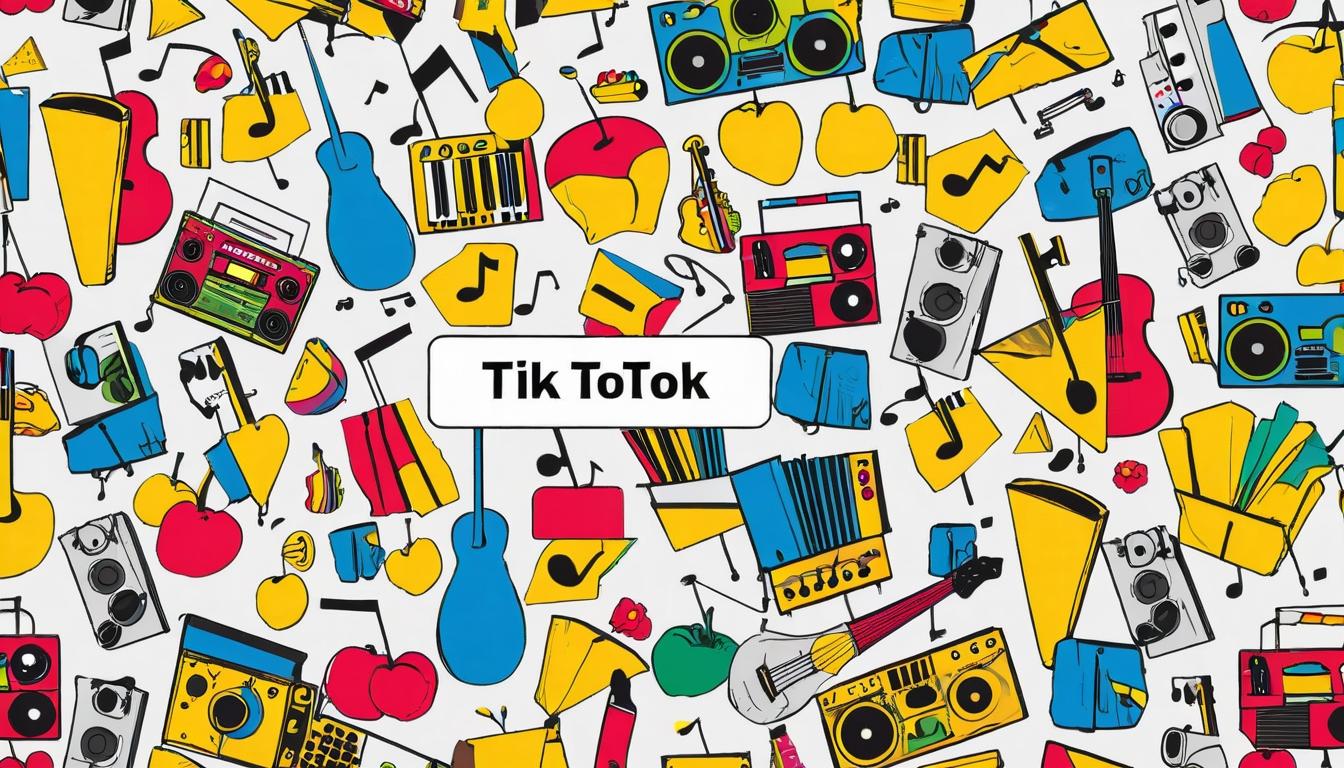In the dimly lit basements of Brooklyn and the repurposed warehouses of East London, a quiet revolution is brewing. While mainstream charts continue to cycle through familiar formulas, a new generation of artists is forging something raw, authentic, and utterly compelling. This isn't just another musical trend—it's a fundamental shift in how music gets made, discovered, and consumed.
What makes this movement different is its complete disregard for traditional industry gatekeepers. Artists like Ethel Cain, Yard Act, and Wet Leg didn't wait for major label approval—they built fervent followings through TikTok snippets, Bandcamp releases, and word-of-mouth buzz that eventually became too loud to ignore. Their success stories read like digital-age fairy tales: bedroom producers becoming festival headliners, SoundCloud rappers landing Grammy nominations.
The sound itself defies easy categorization. It's post-punk meets hyperpop, folk storytelling filtered through industrial beats, jazz improvisation colliding with electronic experimentation. Producers are mining decades of musical history while simultaneously inventing entirely new genres. The result is music that feels both nostalgic and futuristic, familiar yet startlingly original.
Social media platforms have become the new A&R departments, with TikTok trends often determining which songs get playlisted and which get forgotten. The algorithm has become both curator and creator, influencing everything from song structure (shorter intros, immediate hooks) to visual aesthetics. Artists now think in 15-second segments and viral moments, crafting music designed to stop thumbs from scrolling.
Yet beneath the digital sheen lies something deeply human. These artists are writing about anxiety, climate change, economic uncertainty, and queer identity with a rawness that mainstream pop often sanitizes. Their lyrics read like diary entries set to melody, their performances feel like communal therapy sessions. Audiences aren't just listening—they're participating, creating fan art, decoding lyrics, building entire online communities around shared emotional connections.
The business model has transformed just as radically. NFTs, direct-to-fan platforms, and innovative licensing deals have created revenue streams that didn't exist five years ago. Artists are retaining ownership, building sustainable careers without sacrificing creative control. The traditional album cycle has been replaced by constant content creation—singles, EPs, visual albums, livestreamed performances.
This democratization comes with its own challenges. The sheer volume of new music released daily creates intense competition for attention. Many artists struggle with the pressure to constantly create content rather than focus on their art. The line between authentic expression and algorithm-friendly content grows increasingly blurry.
Still, the energy is undeniable. From Bristol's dubstep scene to Atlanta's rap underground, regional sounds are going global without losing their local flavor. Collaborations happen across continents through file sharing, with producers in Berlin adding beats to vocals recorded in Los Angeles bedrooms. The geography of music has become simultaneously hyper-local and borderless.
What emerges is a landscape richer and more diverse than anything we've seen before. The barriers to entry have lowered, but the standards have risen. Audiences crave authenticity, skill, and originality—they can spot calculation from miles away. The artists thriving in this environment are those who understand both the art and the algorithm, who can speak truth while understanding how to make that truth go viral.
This isn't the death of the music industry—it's a rebirth. The majors are scrambling to adapt, indie labels are thriving by offering better deals, and artists are finding unprecedented creative freedom. The future of music isn't being decided in boardrooms; it's being forged in bedrooms, basements, and digital spaces where creativity meets community.
The revolution won't be televised—it'll be streamed, shared, and soundtracked by a generation that refuses to choose between art and accessibility. They're building a new ecosystem where both can thrive, and the results are already changing what we thought possible in popular music.
The underground revival reshaping pop music's future

